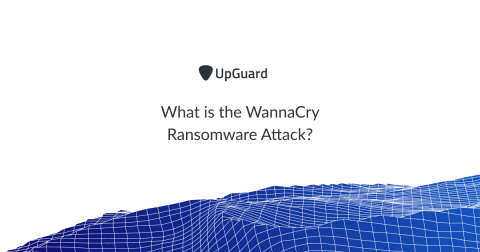FedRAMP Low, Moderate, High: Understanding Security Baseline Levels
The Federal Risk and Authorization Management Program (FedRAMP) is a federal program that ensures that the proper level of information security is in place when U.S. government agencies access cloud products and cloud services. FedRAMP standardizes the approach to security assessment, authorization, and continuous monitoring of cloud service providers (CSPs). FedRAMP grants authorizations to CSPs at three impact levels: low, medium, and high.









